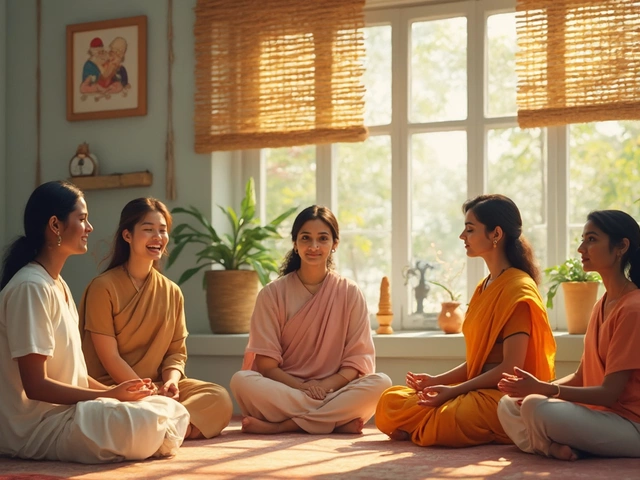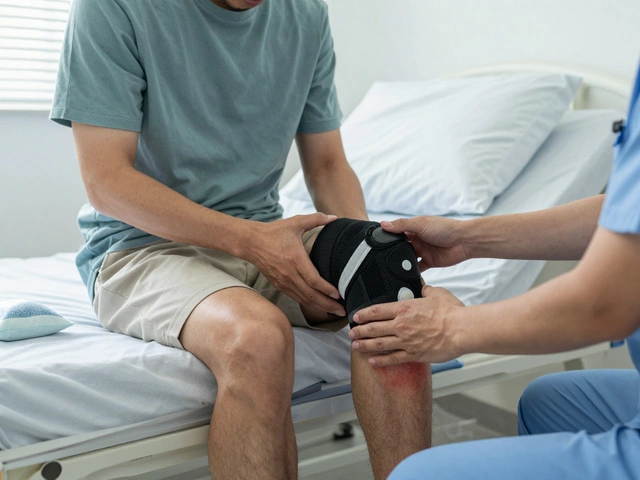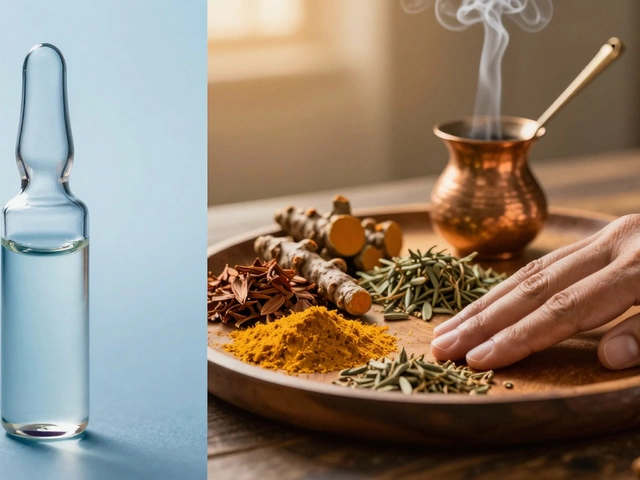Cancer Prevention: Simple, Actionable Steps for a Healthier Life
Want to cut your chances of getting cancer without spending hours in a lab? It’s possible with everyday choices. Below you’ll find clear, practical steps that fit into a busy Indian lifestyle. No fancy jargon—just things you can try right now.
Everyday Habits That Cut Cancer Risk
First up, quit tobacco. Whether you smoke, chew gutka, or vape, the chemicals target your lungs, mouth, and even your pancreas. Cutting out tobacco reduces your risk dramatically and improves overall health within weeks.
Alcohol drinks can also raise the odds of liver, breast, and throat cancers. If you do drink, keep it to a moderate level—no more than two drinks a day for men and one for women.
Next, move your body. You don’t need a marathon; 30 minutes of brisk walking, cycling, or dancing most days lowers hormone‑related cancers and helps maintain a healthy weight. Carry a water bottle, take stairs, or join a local yoga class.
What you eat matters, too. Fill half your plate with colorful vegetables and fruits—think leafy greens, berries, and carrots. These foods bring antioxidants that protect cells from damage. Swap refined carbs for whole grains like brown rice or millets; they keep blood sugar steady, which is linked to lower cancer rates.
Limit processed meats and red meat. A few times a week is fine, but daily consumption adds chemicals linked to colorectal cancer. Try legumes, beans, or paneer as protein alternatives.
Don’t forget sun safety. Use a broad‑spectrum sunscreen with SPF 30 or higher, wear hats, and seek shade during peak hours. Skin cancer rates are rising, and protection is cheap and easy.
Screenings and Early Detection in India
Even with a perfect lifestyle, regular screenings catch problems early. Women should get a clinical breast exam every year and a mammogram starting at 40, especially if there’s a family history. Cervical cancer can be prevented with Pap smears and HPV vaccination—most major cities offer free government shots.
Men need to check their prostate health if they’re over 50 or have a family history. Simple PSA blood tests and digital exams are widely available in private labs.
Colon cancer screening with a colonoscopy or stool test is recommended after 45. Many hospitals now run affordable packages, and early detection can save lives.
Keep a health diary. Note any new lumps, persistent coughs, changes in bowel habits, or unexplained weight loss. Bring these notes to your doctor; early conversation speeds up diagnosis.
Finally, manage stress and get enough sleep. Chronic stress can weaken the immune system, and poor sleep affects DNA repair. Aim for 7‑8 hours of quality rest and practice relaxation techniques—deep breathing, meditation, or a short walk after work.
Putting these habits together builds a strong defense against cancer. Start with one change—maybe swapping soda for water—and add another each week. Small steps add up, and you’ll feel better while lowering your risk.

Cancer Fighting Foods: Top 5 Choices Backed by Science
This article breaks down the top five cancer fighting foods that actually make a difference, looking at how they help your body and why scientists pay attention to them. You'll get practical tips for adding these foods to your daily meals. It's not just about theory—each section is stuffed with real facts and doable advice. Forget mystery and confusion; we're cutting straight to the stuff your body needs. A no-nonsense guide to eating for better health when it matters most.

What's the Rarest Mental Disorder?
Mar, 29 2025

Does Therapy for Mental Health Really Work?
Mar, 2 2025


